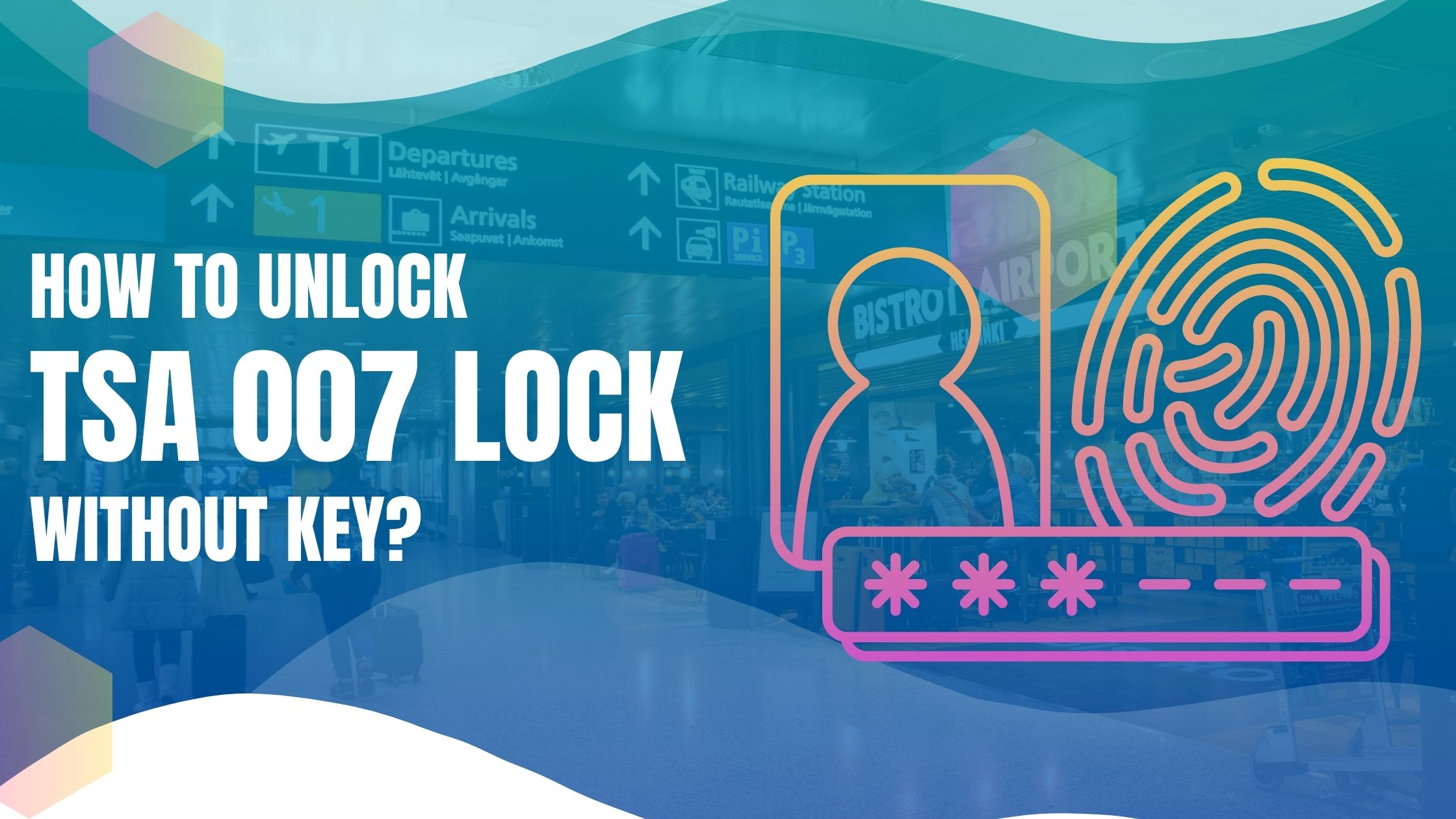Have you ever returned home from a long trip feeling exhausted, disoriented, and unable to get back into your regular routine? This is known as jet lag, and it can wreak havoc on your ability to readjust to daily life after traveling. Do you wonder how to overcome jet lag once home?
Worry not! Whether you’re a frequent traveler or just planning a single trip, this article will help you learn all the methods and strategies that can help you overcome jet lag.
How To Overcome Jet Lag Once Home?
To overcome jet lag once home, it is important to get back into a regular sleep routine as soon as possible. Try to get some sunlight during the day to help regulate your circadian rhythms. Stay hydrated and avoid alcohol and caffeine, which can disrupt your sleep.
Exercise can also help you adjust to your new time zone. Finally, be patient with yourself and allow for some time to readjust.
-
Adjust Your Sleep Schedule Gradually
Start by changing your bedtime a few days before you arrive home. Aim for no more than an hour earlier or later every day until your regular schedule is back on track.
-
Stay Hydrated
Be sure to drink lots of water during your travels and when you’re home. Dehydration can exacerbate jet lag symptoms.
-
Get Sunlight
Sunlight helps regulate our body’s internal clock, so try to get some sun exposure soon after arriving home. Limit late afternoon and evening exposure, however, as this can delay the onset of sleepiness.
-
Exercise
Exercise is beneficial for both our physical and mental health, but it can also help reduce jet lag symptoms by helping you to adjust to the new time zone.
-
Avoid Alcohol And Caffeine
Alcohol and caffeine can both disrupt your sleep cycles, so try to avoid them in the days following your return home.
-
Try Taking Melatonin
Melatonin is a hormone that helps regulate our body’s natural sleep cycles, so it can be useful for combating jet lag symptoms.
Research suggests that taking melatonin before bedtime can help to alleviate the symptoms of jet lag, such as fatigue and difficulty sleeping.
Additionally, melatonin has been shown to have few side effects, making it a safe and effective option for those experiencing jet lag.
Overall, melatonin can be a beneficial tool for managing the effects of jet lag and promoting healthy sleep patterns.
Consult a doctor before taking melatonin supplements, however, as these may interact with certain medications.
-
Take A Nap
Taking an occasional nap during the day can help you catch up on sleep until your body adjusts to the new time zone.
Just be sure not to nap too late in the day, as this could interfere with your ability to fall asleep at night.
Are Jet Lags Real?

Yes, jet lags are real. Jet lag is a temporary sleep disorder that can occur when people travel across multiple time zones in a short period. It happens because the body’s internal clock, or circadian rhythm, is thrown off balance, causing fatigue, insomnia, and other symptoms.
The severity of jet lag varies depending on the distance traveled, the direction of travel, and the individual’s age, health, and sleep habits.
What Are The Most Common Symptoms Of Jet Lags?
The most common symptoms of jet lag include fatigue, difficulty sleeping, irritability, headaches, and digestive problems such as constipation or diarrhea. Jet lag occurs when your body’s natural circadian rhythms are disrupted due to crossing multiple time zones, causing your body to struggle to adjust to the new time zone.
It can take several days for your body to fully adjust, and in the meantime, you may experience these uncomfortable symptoms.
To help minimize the effects of jet lag, it is recommended to stay hydrated, get plenty of rest, and gradually adjust your sleep schedule before and after your trip.
| Situation | Yes | No |
| Gradually adjust your sleep schedule | ✔️ | ❌ |
| Stay hydrated | ✔️ | ❌ |
| Spend time outdoors and get exposure to natural light | ✔️ | ❌ |
| Take short naps | ✔️ | ❌ |
| Stick to a regular sleep schedule | ✔️ | ❌ |
| Use relaxation techniques | ✔️ | ❌ |
| Consider taking melatonin supplements | ✔️ | ❌ |
| Rely on alcohol or sleeping pills to fall asleep | ❌ | ✔️ |
| Nap for too long during the day | ❌ | ✔️ |
| Overeat or skip meals | ❌ | ✔️ |
| Engage in strenuous physical activity before bedtime | ❌ | ✔️ |
| Force yourself to sleep at a specific time | ❌ | ✔️ |
| Stay up too late or sleep in too much | ❌ | ✔️ |
| Spend too much time in front of electronic devices before bedtime | ❌ | ✔️ |
How Does Jet Lag Happen?
Jet lag happens when a person travels across different time zones, disrupting their body’s natural circadian rhythm. Circadian rhythm is a 24-hour cycle that regulates bodily functions such as sleep, hunger, and temperature. Traveling across time zones may disrupt your circadian rhythm, leading to daytime tiredness and nighttime sleep disturbances.
Jet lag can also cause other symptoms such as headaches, irritability, and digestive problems.
How Long Does Jet Lag Last When You Get Home?
Typically, it takes one day per time zone crossed to adjust to the new time zone. Getting back, you travel from New York to London, which is a five-hour time difference, it may take you up to five days to fully recover from jet lag.
However, the duration of jet lag, when you get home, depends on several factors, such as the distance and direction of your travel, your age, and your overall health.
What Is The Longest Jet Lag Can Last?
The longest jet lag can last depends on a variety of factors, including the number of time zones crossed, the direction of travel, and individual differences in circadian rhythms. Generally, jet lag can last for several days to a week, with symptoms such as fatigue, insomnia, irritability, and digestive problems.
Individuals with pre-existing sleep disorders, medical conditions, or advanced age may experience more severe and prolonged jet lag.
Beat jet lag by changing sleep and meal times, staying hydrated, getting natural light, and taking melatonin if necessary.
How Do Pilots Deal With Jet Lag?

Pilots deal with jet lag by following a set of guidelines known as “jet lag management.” This involves adjusting their sleep schedule before a long flight, staying hydrated, and avoiding alcohol and caffeine. During the flight, they may use special lighting and sleep aids to help regulate their circadian rhythms.
Once they arrive at their destination, pilots try to get as much sunlight as possible to help their bodies adjust to the new time zone.
They also try to maintain a regular sleep schedule and stay active to help combat the effects of jet lag.
Overall, pilots must be diligent in managing their sleep and lifestyle habits in order to maintain their alertness and performance during flights.
FAQs
How To Avoid Jet Lags?
To avoid jet lag, it is important to adjust your sleep schedule a few days before your trip to match the time zone of your destination. During the flight, stay hydrated by drinking plenty of water and avoiding alcohol and caffeine.
Try to stay active during the flight by stretching or taking short walks.
Once you arrive at your destination, get some sunlight and fresh air to help reset your internal clock.
Finally, try to stick to a regular sleep schedule in the new time zone to help your body adjust.
Should You Nap When Jet Lagged?
The answer is yes, napping can be helpful when jet lagged, as it can help you adjust to the new time zone. However, it is important to nap strategically, as too long of a nap can disrupt your sleep schedule even further.
Experts recommend taking short naps of 20-30 minutes, ideally in the early afternoon, to help combat the effects of jet lag.
Additionally, getting exposure to natural sunlight and staying hydrated can also aid in adjusting to a new time zone.
Which Direction Has Worst Jet Lag?
The direction that has the worst jet lag is typically when traveling eastward. This is because when traveling east, you are essentially losing time, as you are moving ahead in time zones. This can disrupt your body’s natural circadian rhythm, making it harder to adjust to the new time zone.
Can Exercise Help You Overcome Jet Lag?
The answer is yes. Research has shown that exercising at the right time can help regulate your body clock and reduce the effects of jet lag. Exercise can also help improve your mood, energy levels, and overall health, which can make it easier to adjust to a new time zone.
How Can You Reduce The Effects Of Jet Lag In The Future?
In general, one way is to gradually adjust your sleep schedule a few days before your trip to match the time zone you will be traveling to. Another way is to stay hydrated and avoid alcohol and caffeine during the flight.
Once you arrive at your destination, try to get plenty of sunlight and exercise to help reset your body’s internal clock.
Lastly, consider taking melatonin supplements to help regulate your sleep patterns.
How Many Time Zones Can You Cross And Still Not Have Jet Lag?
The number of time zones you can cross without experiencing jet lag varies from person to person. Generally, crossing one to two time zones may not result in significant jet lag, while crossing more than three time zones can lead to symptoms such as fatigue, insomnia, and difficulty concentrating.
Conclusion
In conclusion, jet lag can be a challenging condition to overcome, but with the right strategies, it is possible to adjust to a new time zone and get back to a regular sleep schedule.
By following the strategies outlined in this post, you can reduce the impact of jet lag and get back to your regular routine more quickly.







